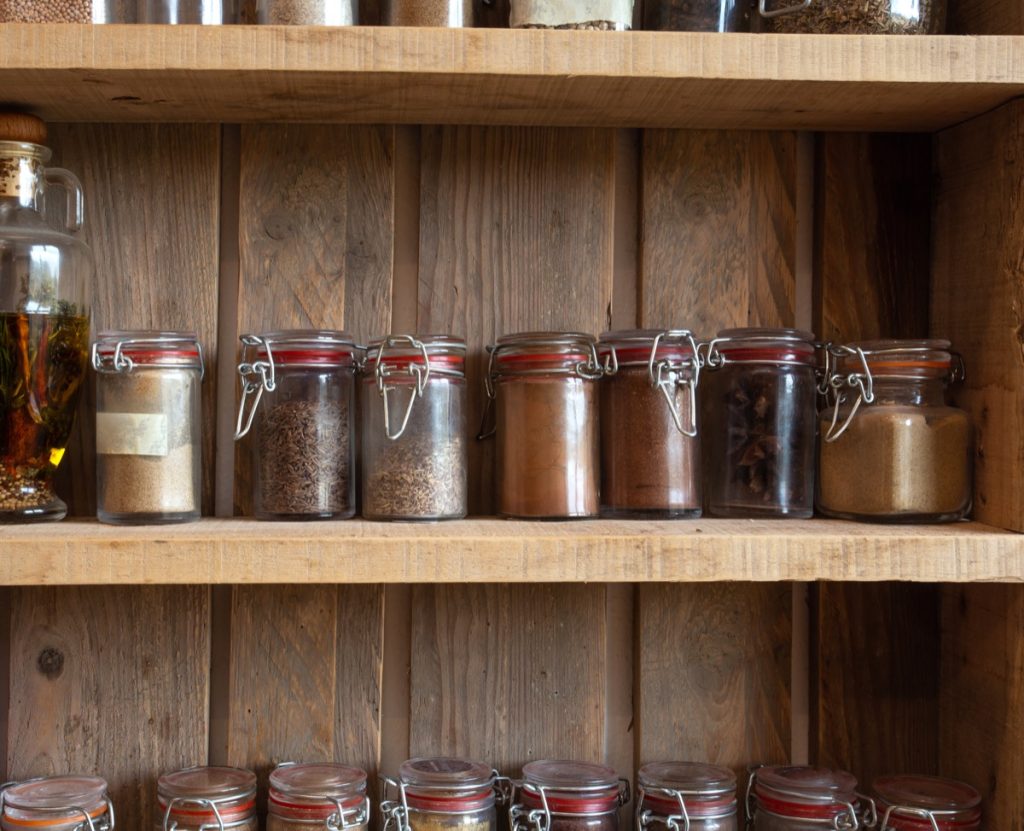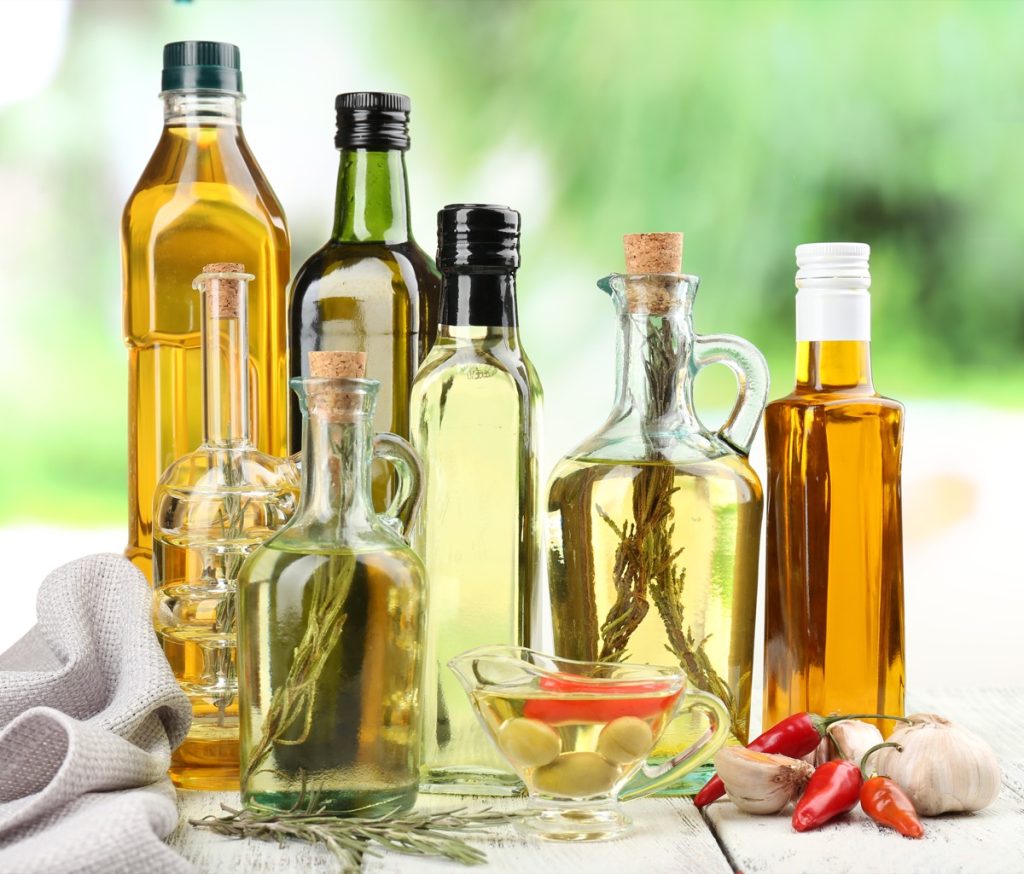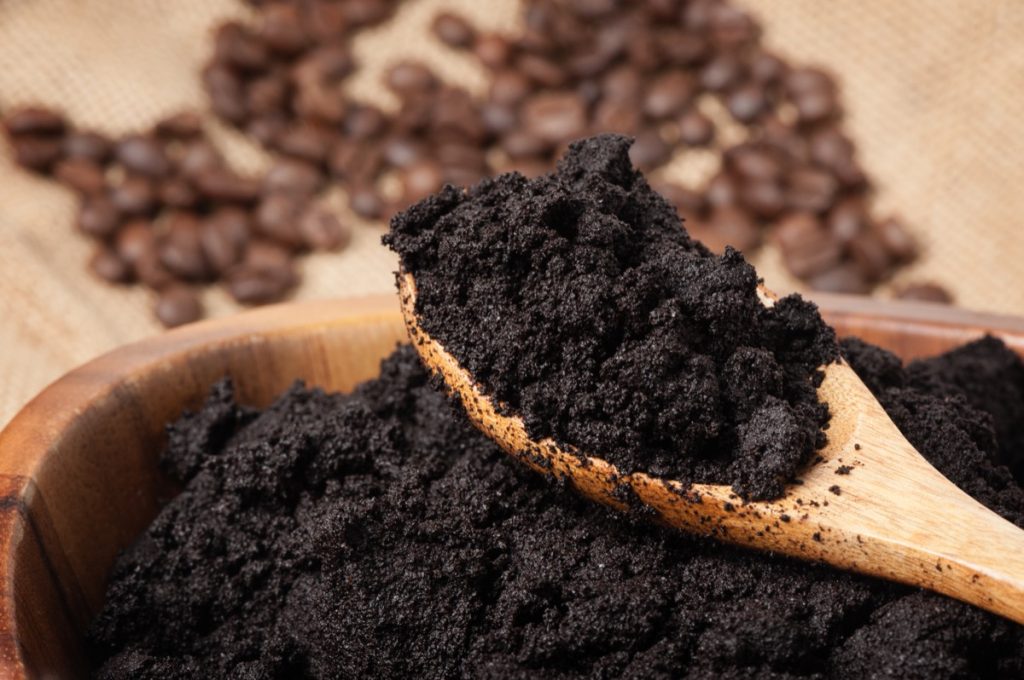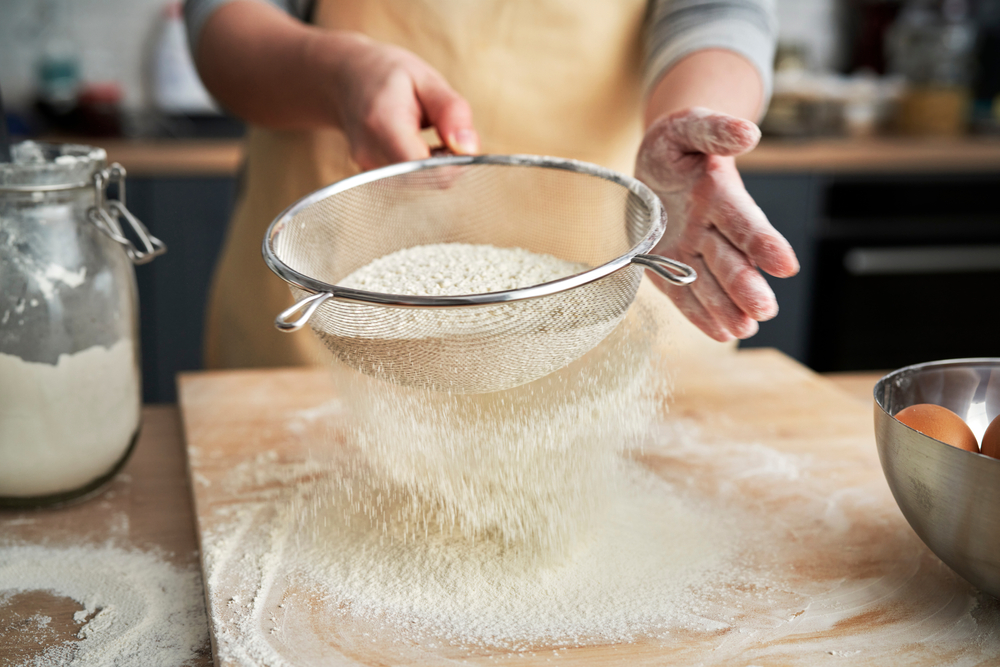5 Things in Your Pantry You Need to Throw Out

Having plenty of space to store food items in your home can be incredibly convenient, especially in cutting down on the number of trips to the grocery store. But while many people know produce and other perishable items belong in the fridge, knowing how long is too long to hold on to your dry goods can be more complicated. Fortunately, following a few simple housekeeping rules can ensure everything is fresh and good to eat. Read on for the things in your pantry you probably need to throw out, according to experts.
RELATED: 5 Items You Should Never Store in Your Pantry, According to Experts.
1
Old spices and seasonings

Amassing a spice cabinet can happen slowly over time as you build your recipe repertoire. But according to Kara Myers, founder and recipe developer for Sweetly Splendid, it’s all too common for people to hold on to their spices way beyond their shelf life.
Specifically, she says the spices that seem to lose their flavor and aroma first tend to be ground herbs like thyme, basil, and oregano—including pre-mixed versions like Italian seasoning or all-purpose blends that contain them.
“Even when they’re stored in a cool, dry place, they can start to lose their flavor after about a year,” Myers says. “And while there’s no exact time frame, it’s worth pointing out that whole-seed (or unground) spices can last up to four years when stored properly.”
Still unsure if they’ve outlived their use? “The general rule really is that if you’re having to use more to obtain the same flavor and they don’t smell as strong, it’s time to toss them,” she says.
RELATED: 10 Foods You Should Never Put in Your Slow Cooker.
2
Cloudy oil

Oil is a true kitchen essential, necessary for everything from frying and sauteeing to dressing and baking. However, you should make sure you’re not using an expired product if your bottle has been sitting around too long.
“Oils like olive and vegetable oil get cloudy and viscous with age,” says Lindsey Chastain, founder of the home blog The Waddle and Cluck. “After six to 12 months, their flavors become off. That’s why you should replace cooking oils at least annually for optimal nutrition and taste.”
RELATED: 8 Foods That Are Attracting Mice Inside Your Home.
3
Coffee

For many people, the day doesn’t really start until there’s a fresh pot of coffee. But if you appreciate a great-tasting cup of joe, don’t wait too long to brew that coffee.
“Just like those dusty canned veggies, coffee also has an expiration date in terms of taste,” Shaif Ahmed, editor-in-chief of Berry to Brew, tells Best Life. “Sure, coffee doesn’t ‘expire’ the way perishable foods do, but it does lose its freshness and vibrant flavors as time passes.”
Like any other fresh product, coffee degrades over time. “Factors like oxidation, high temperature, and humidity play a critical role in it,” Ahmed says. “And if you drink after this time frame, it won’t taste good. Simply put, the more you wait, the less you get.”
So, when is it time to toss it? Ahmed says it’s best not to consume coffee beans after a year if they are seal-packed and just three to four months if it’s been opened. “The ground coffee and coffee bags comparatively have even less shelf life, dying out in about half the time,” he adds.
RELATED: 7 Things You Should Never Keep in Your Fridge, According to Experts.
4
Stale cereal

Cereal can be a quick and easy breakfast for those who need to get out the door in a rush. Unfortunately, those boxes can go bad even more quickly than other products in your pantry.
“Dry cereal can go stale in two to three months,” says Chastain. “It will lose its crunch and take on off-flavors.”
To avoid this, she suggests sticking to a “first in, first out” system to cycle through cereal before it goes stale.
RELATED: The 6 Most Dangerous Foods to Put in the Microwave, Experts Say.
5
Old Flour

No matter what you’re baking, flour is among the most essential kitchen staples alongside butter, eggs, salt, and sugar. However, just like many of the baked goods it produces, it won’t stay good forever.
“Wheat flour only stays fresh for three to six months. After that, it loses flavor and the ability to produce light, fluffy baked goods,” warns Chastain. “It can help to set a calendar reminder to toss old flour and replace it with a fresh bag.”
For more home advice delivered straight to your inbox, sign up for our daily newsletter.